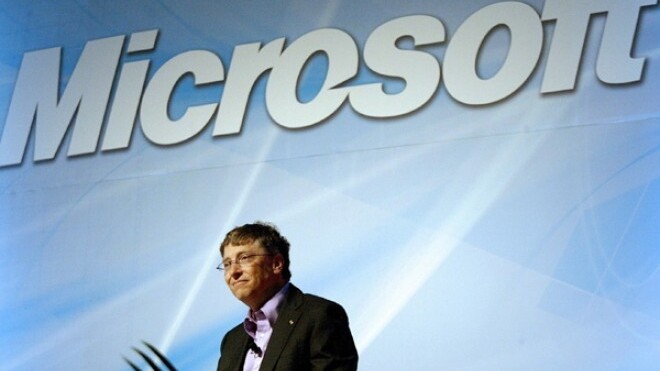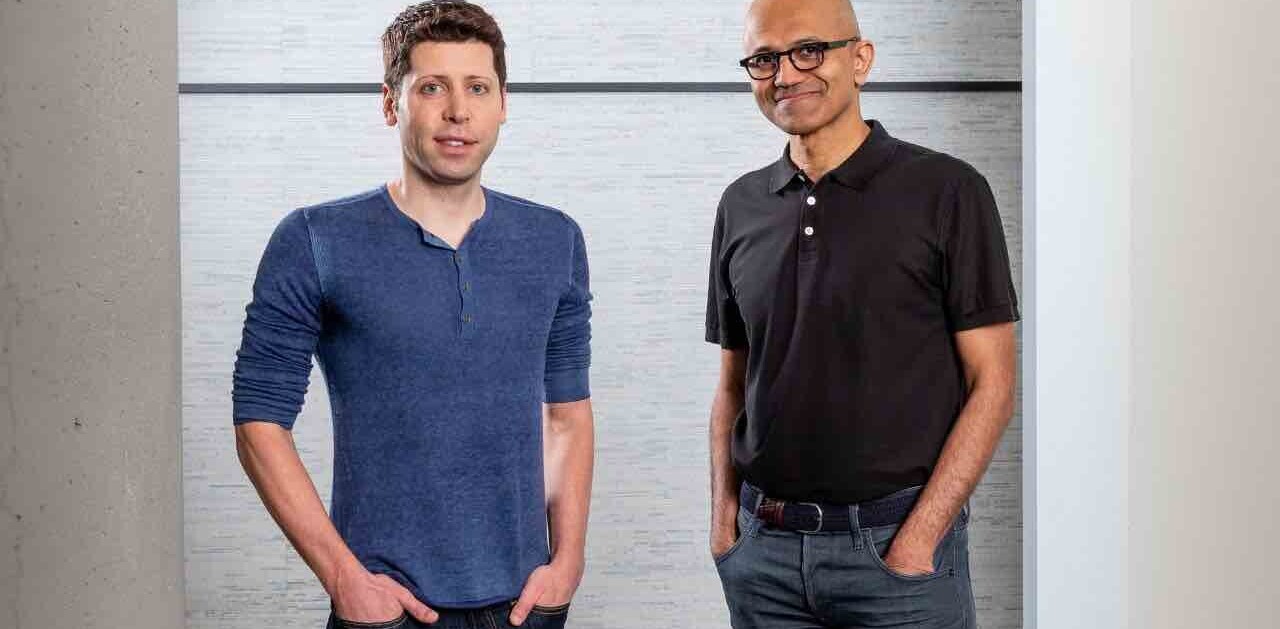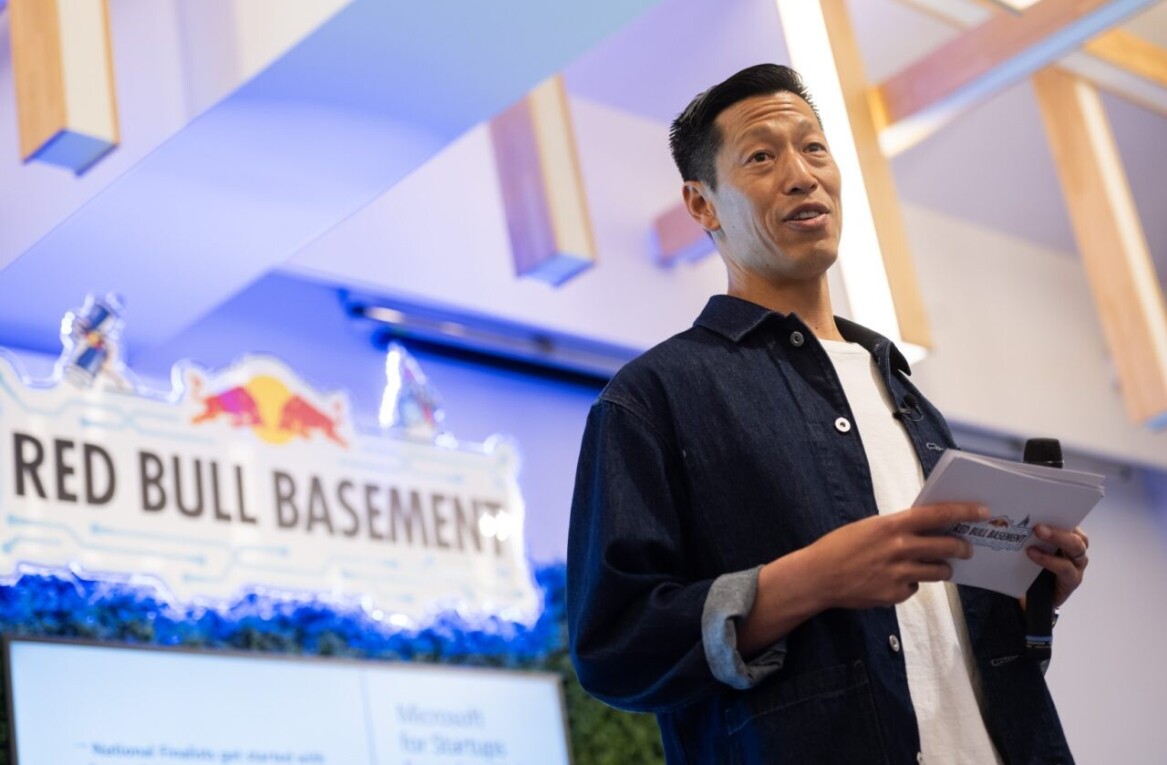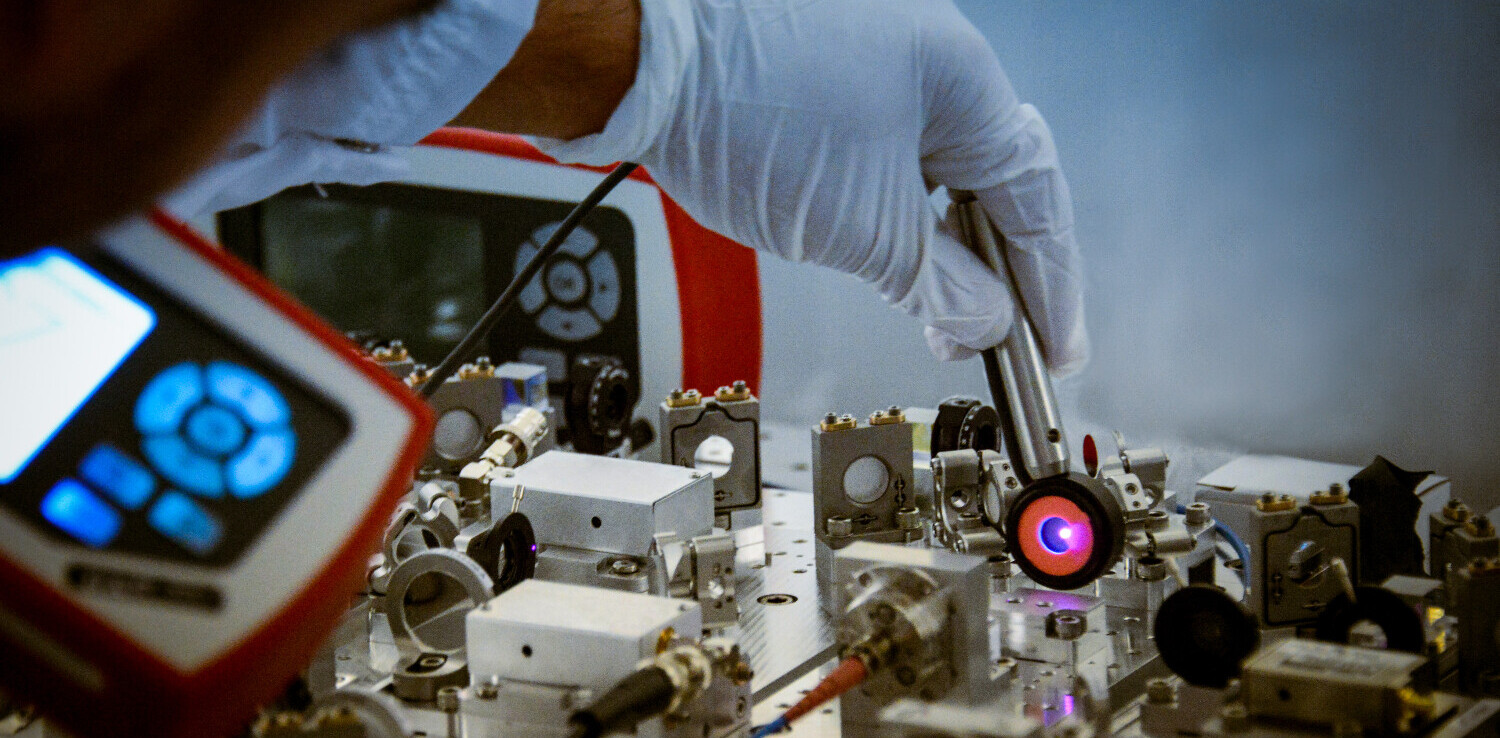
Depending on what you class as the first case of patenting, the protection of innovation and ideas via patents has been around for over 500 years, originating in Venice to allow people to obtain the rights to new and inventive devices and protect others from using them.
Fast forward to the modern day and patents are being fought in courts across the world, as technology companies seek to protect hardware and software innovations that they believe their rivals should compensate them for – one such company is Microsoft.
With many working the technology industry viewing patent protection as more of a business in itself than a way to assert intellectual property rights against a company or individual mimicking an innovation of their own, Microsoft is of the belief that the patent system is “normal and necessary” despite the fact it can be very ugly – especially in the case of application developers who are looking to fight off Lodsys or a huge company like Samsung, which finds itself at the whim of Apple in some countries.
Horacio Gutiérrez, the deputy general counsel, who leads Microsoft’s intellectual property group, spoke with the San Francisco Chronicle in a thoroughly interesting interview on the company’s patent tactics and recent intellectual property fights. Noting that without a patent system, companies will not have the drive or incentive to spend millions of dollars and numerous years creating new technologies that become the foundation of hardware and software platforms we see and use today.
Microsoft has hit the headlines for its continued pursuit of companies that utilise its ‘Linux’ patents, patents that cover some of the technologies utilised by Google’s Android operating system, the most widely used smartphone platform to date. Having successfully licensed its patents to HTC, Quanta and numerous other technology firms, the Redmond-based company recently revealed that it had cross-licensed its patents to Samsung, a deal it stated was its ‘most important patent license to date’.
When companies don’t license its patents, Microsoft has sued the company for unauthorised use of its intellectual property. One such company is bookseller Barnes & Noble, which is said to use patented Microsoft innovations in its e-book readers.
Gutiérrez, speaking about Microsoft’s approach with Barnes & Noble and whether it could be described as patent trolling, admits that people may see a dirty series of lawsuits, prompting calls for the patent system to be fixed, but as devices have continued to evolve they have added innovations that pre-existed new smartphones and tablets – and companies like Microsoft were the people behind them.
He continues:
As we’ve seen historically, there is a period of unrest and a period of readjustment, until the claims on the ownership of different pieces of technology are well known. There’s a period of actually licensing and cross-licensing that makes these issues disappear into the background.
When you buy the device as a consumer, you get it out of the box and enjoy it immediately. What you don’t see is an invisible web of licensing and cross-licensing arrangements that actually make it possible.
Gutiérrez sees licensing as the necessary and right end to the problem that many people are complaining about.
When asked what specific technologies Microsoft can be credited with creating, the Microsoft’s head of legal counsel notes that device synchronisation between mobile phones and desktop computers is just one feature that it developed and is now being utilised in all manner of mobile devices.
Sometimes, he says, there are deeper innovations that many don’t see, some that Microsoft spends millions of dollars in research to develop and incorporate into its operating systems:
Microsoft has invested for decades more money than anyone else in research and development directed toward the efficiency of operating systems. These devices have moved from having a rudimentary phone system to being a full-fledged computer, with a sophisticated, modern operating system.
In doing that, they have really stood on the shoulder of companies like Microsoft who made all these billions of dollars in investments.
Speaking on software patents and the possibilities of two independent companies finding separate methods of achieving the same process, Gutiérrez says that it technologies are created in unique ways, they can be protected by the patent system.
Microsoft’s patent antics has frustrated rivals Google, with the company stating that the Redmond-based software behemoth has engaged it in a ‘hostile’ patent war. Referencing its success as a smartphone platform developer, Google’s SVP David Drummond posted a blog post noting it had drawn hostile attention from competitors like Microsoft, Apple and Oracle as a result and that the companies have turned to using patents to wage war.
A smartphone might involve as many as 250,000 (largely questionable) patent claims, and our competitors want to impose a “tax” for these dubious patents that makes Android devices more expensive for consumers. They want to make it harder for manufacturers to sell Android devices. Instead of competing by building new features or devices, they are fighting through litigation.
Microsoft believes that patents have helped shape the technology industry in the U.S, with Gutiérrez even stating that “study after study has demonstrated that the patent system has actually played a role in securing the leadership that the United States has in this field”.
Ultimately, the courts are effectively decide which of the technology companies are playing by the patent rules, but millions of dollars will have to be spent to reach those conclusions. Whether you believe patent protection is a necessary evil or outright nasty seems to depend on who is making the assertions.
Get the TNW newsletter
Get the most important tech news in your inbox each week.




